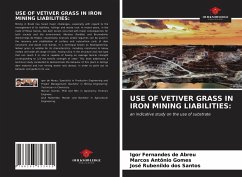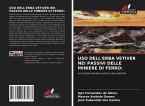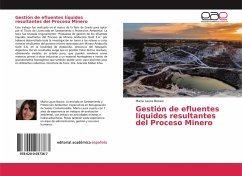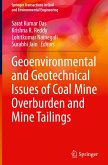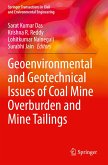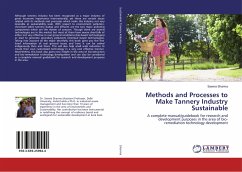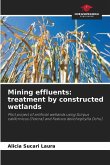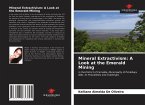Mining in Brazil has faced major challenges, especially with regard to the management of its liabilities: tailings and waste rock. In recent years, in the state of Minas Gerais, two dam bursts occurred with major consequences for both society and the environment: Mariana (Fundão) and Brumadinho (B1/Córrego do Feijão), respectively. Grasses and/or legumes can be used in the recovery and stabilization of surface and subsurface soils of dam structures and waste rock dumps, in a technique known as Bioengineering. Vetiver grass is notable for its characteristics, including: resistance to heavy metals and wide pH range of soils, having silica in the structure and root type that can reach 5 m and is capable of having an average tensile strength corresponding to 1/3 the tensile strength of steel. This book addresses a technical study conducted to demonstrate the behavior of this plant in tailings dam material and iron mining waste rock dumps, in order to point out its behavior and guide to its use.
Bitte wählen Sie Ihr Anliegen aus.
Rechnungen
Retourenschein anfordern
Bestellstatus
Storno

